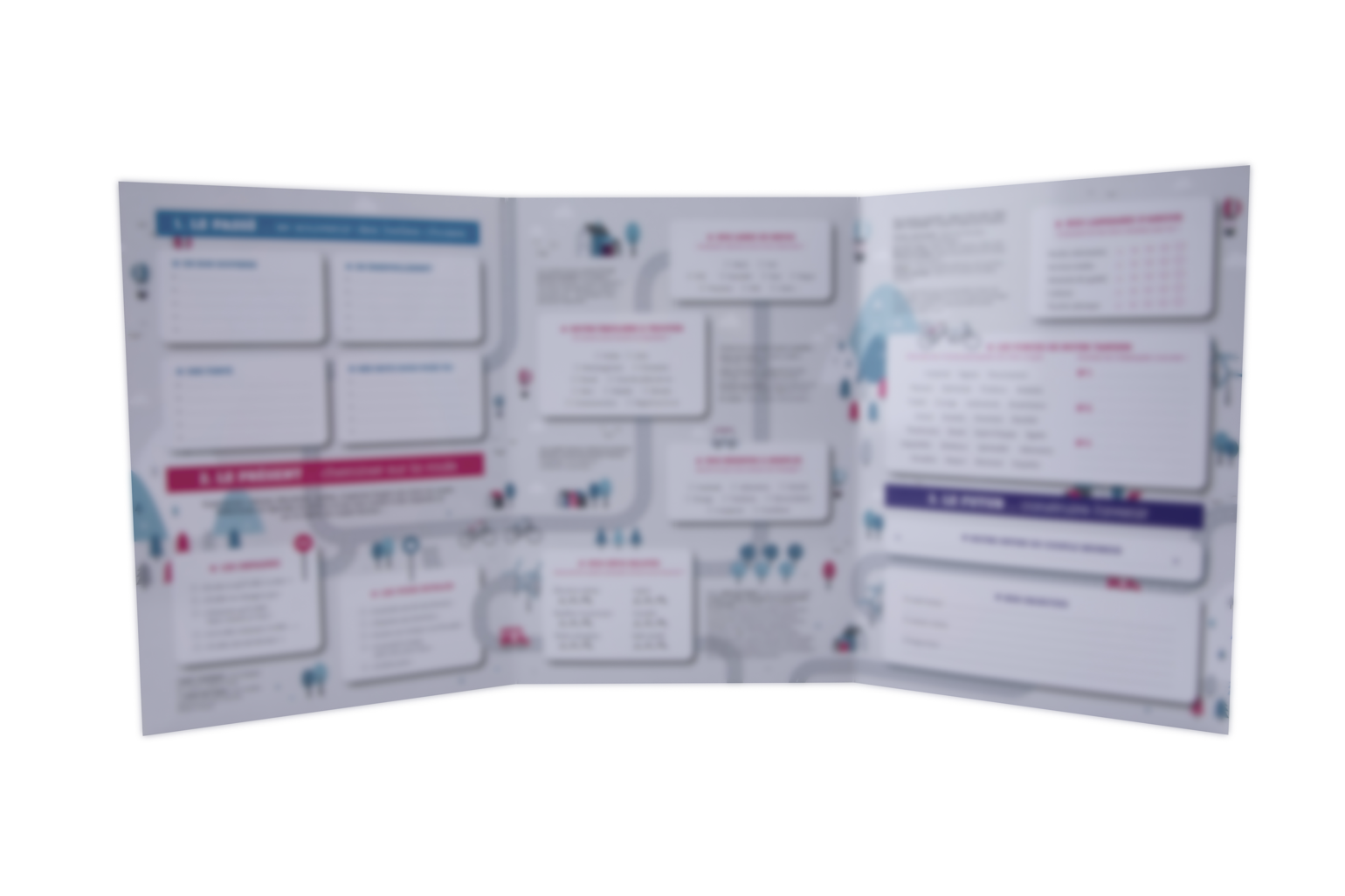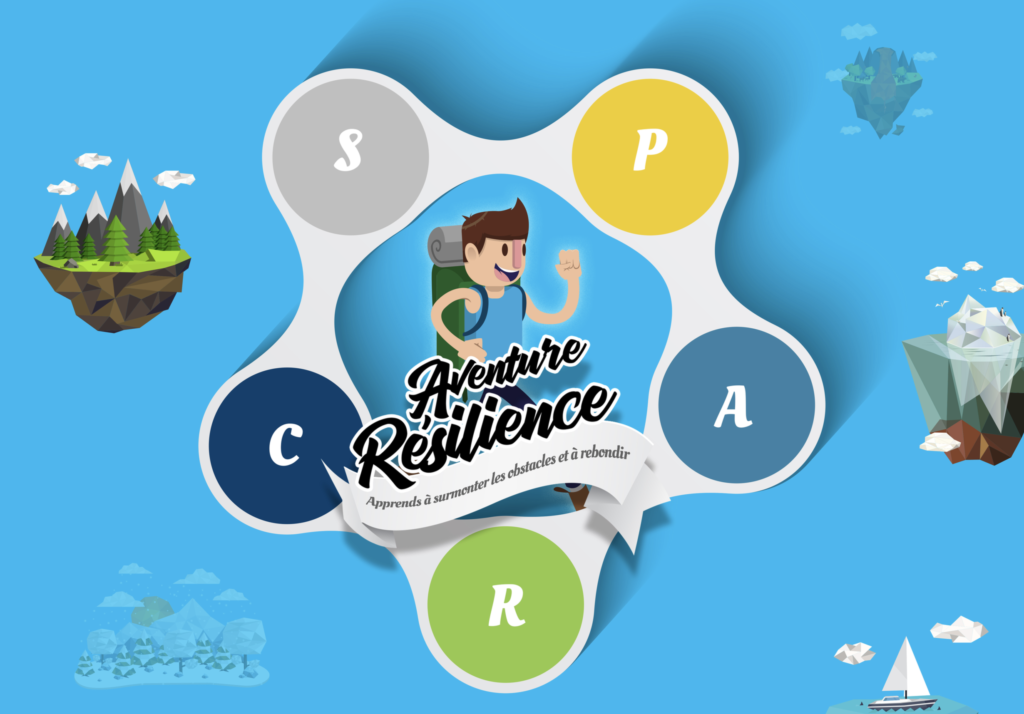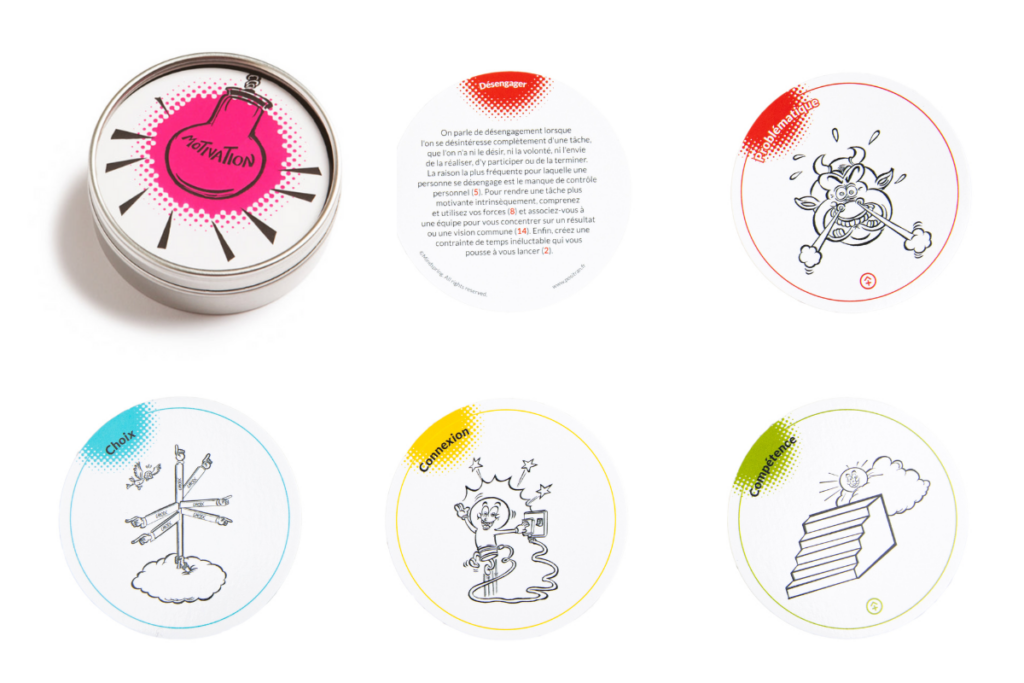
Facilitation Training - Educational Engineering
Educational Engineering: Designing High-Impact Programs
A one-day strategic workshop to master a 4-step framework designed to build comprehensive training programs that successfully drive change, develop skills, and deliver measurable results.

Educational Objectives
Diagnose a business need to reveal its root causes and capitalize on existing strengths.
Design a multi-touchpoint learning journey that supports behavior change over time.
Architect for resilience by anticipating obstacles and integrating support mechanisms.
Develop a robust evaluation plan to measure the essentials: behavioral change and business impact.
Added values
The 4D Design Framework: Master a replicable system (Diagnose, Design, Deploy, Demonstrate) to build truly effective programs.
Creating the "Blueprint": Go beyond the simple activity stage to architect a complete, multi-step learning path.
Ensure your impact: Learn how to directly link your programs to business challenges and demonstrate their value, making you a strategic partner.
Mastering Experience Design : Architect every touchpoint along the journey to create a cohesive, supportive, and transformative learning experience.
Issues addressed
“Scrap Learning”: expensive training that is never applied in the field.
“One-off” workshops, disconnected from the company’s strategic challenges.
The inability to demonstrate the value and ROI of training actions.
The need to build programs that create lasting behavior change.
Access conditions
Integrated training approach:
The training is based on an interactive and engaging teaching method, alternating theoretical contributions, individual and group exercises, simulations, role plays, and facilitated discussions centered on experience and sharing.
Experiential Methodology:
- Self-diagnosis for personal awareness.
- Workshops in subgroups promoting the exchange of ideas.
- Concrete case studies to link theory to practice.
- Role-playing games to simulate real-life situations.
- Scientifically validated tools.
Optional (extra charge):
Possibility of follow-up modules or post-training coaching for individualized support.
Our training courses are accessible to people with disabilities.
A disability advisor is available to help you study the specific adjustments required.
Registration via a quote request or by email.
Access time according to the training programming schedule, subject to availability.
Registration is validated upon receipt of the signed agreement.
Contact: formations@positran.fr
Assessment methods
Assessment of acquired skills:
- Each activity aims to apply the concepts covered during the training.
- Questions/answers at the end of each teaching sequence
- Formative assessment through observation and feedback from the trainer and peers during workshops.
- Summative assessment through a concrete case study.
Satisfaction Questionnaire:
Hot off the press, to gather participants' immediate impressions.
Training Certificate:
- Certificate of completion of training mentioning the skills targeted.
- Certificate of completion.
3-month survey:
Measure impact with the percentage of participants who implemented key concepts.
Diagnose a business need to reveal its root causes and capitalize on existing strengths.
Design a multi-touchpoint learning journey that supports behavior change over time.
Architect for resilience by anticipating obstacles and integrating support mechanisms.
Develop a robust evaluation plan to measure the essentials: behavioral change and business impact.
The 4D Design Framework: Master a replicable system (Diagnose, Design, Deploy, Demonstrate) to build truly effective programs.
Creating the "Blueprint": Go beyond the simple activity stage to architect a complete, multi-step learning path.
Ensure your impact: Learn how to directly link your programs to business challenges and demonstrate their value, making you a strategic partner.
Mastering Experience Design : Architect every touchpoint along the journey to create a cohesive, supportive, and transformative learning experience.
“Scrap Learning”: expensive training that is never applied in the field.
“One-off” workshops, disconnected from the company’s strategic challenges.
The inability to demonstrate the value and ROI of training actions.
The need to build programs that create lasting behavior change.
Integrated training approach:
The training is based on an interactive and engaging teaching method, alternating theoretical contributions, individual and group exercises, simulations, role plays, and facilitated discussions centered on experience and sharing.
Experiential Methodology:
- Self-diagnosis for personal awareness.
- Workshops in subgroups promoting the exchange of ideas.
- Concrete case studies to link theory to practice.
- Role-playing games to simulate real-life situations.
- Scientifically validated tools.
Optional (extra charge):
Possibility of follow-up modules or post-training coaching for individualized support.
Our training courses are accessible to people with disabilities.
A disability advisor is available to help you study the specific adjustments required.
Registration via a quote request or by email.
Access time according to the training programming schedule, subject to availability.
Registration is validated upon receipt of the signed agreement.
Contact: formations@positran.fr
Assessment of acquired skills:
- Each activity aims to apply the concepts covered during the training.
- Questions/answers at the end of each teaching sequence
- Formative assessment through observation and feedback from the trainer and peers during workshops.
- Summative assessment through a concrete case study.
Satisfaction Questionnaire:
Hot off the press, to gather participants' immediate impressions.
Training Certificate:
- Certificate of completion of training mentioning the skills targeted.
- Certificate of completion.
3-month survey:
Measure impact with the percentage of participants who implemented key concepts.












